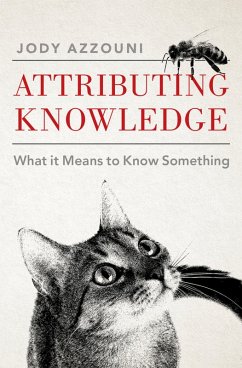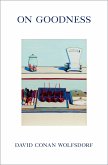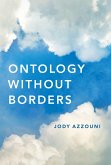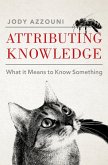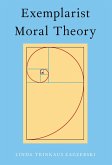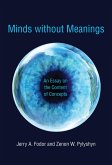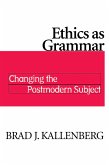In
Attributing Knowledge, Jody Azzouni challenges philosophical conventions about what it means to know something. He argues that the restrictive conditions philosophers place on knowers only hold in special cases; knowledge can be attributed to babies, sophisticated animals (great apes, orcas), unsophisticated animals (bees), and machinery (drones, driverless cars). Azzouni also gives a fresh defense of fallibilism. Relying on lexical semantics and ordinary usage, he shows that there are no knowledge norms for assertion or action. He examines everyday cases of knowledge challenge and attribution to show many recent and popular epistemological positions are wrong. By providing a long-sought intelligible characterization of knowledge attribution, Azzouni explains why the concept has puzzled philosophers so long, and he solves longstanding and recent puzzles that have perplexed epistemologists--including the dogmatism paradox, Gettier puzzles, and the surprise-exam paradox. "This is a terrific book, full of surprises. For instance, Chapter 9 is full of points that are original, insightful, and useful in helping to resolve stale debates. I especially liked the points that we don't ordinarily describe someone as losing knowledge by gaining defeating evidence, that "knows" is vague and tri-scoped, that vagueness needn't be explained by appeal to precise metasemantic machinery, and that Williamson's anti-luminosity argument founders on the fact that knowledge doesn't require confidence. Bravo!" --Ram Neta, University of North Carolina, Chapel Hill Praise for Jody Azzouni's
Ontology without Borders: "Azzouni offers a very strong drink, proposing that we do without central elements of what almost anyone would call logic or ontology. His arguments are serious and wide-ranging. If he's right, the reader will have learned something very important. If he's wrong, then the reader who figures out how he went wrong will also have learned something very important. Not every book has this feature." --Michael Gorman, The Catholic University of America
Dieser Download kann aus rechtlichen Gründen nur mit Rechnungsadresse in A, B, BG, CY, CZ, D, DK, EW, E, FIN, F, GR, HR, H, IRL, I, LT, L, LR, M, NL, PL, P, R, S, SLO, SK ausgeliefert werden.

